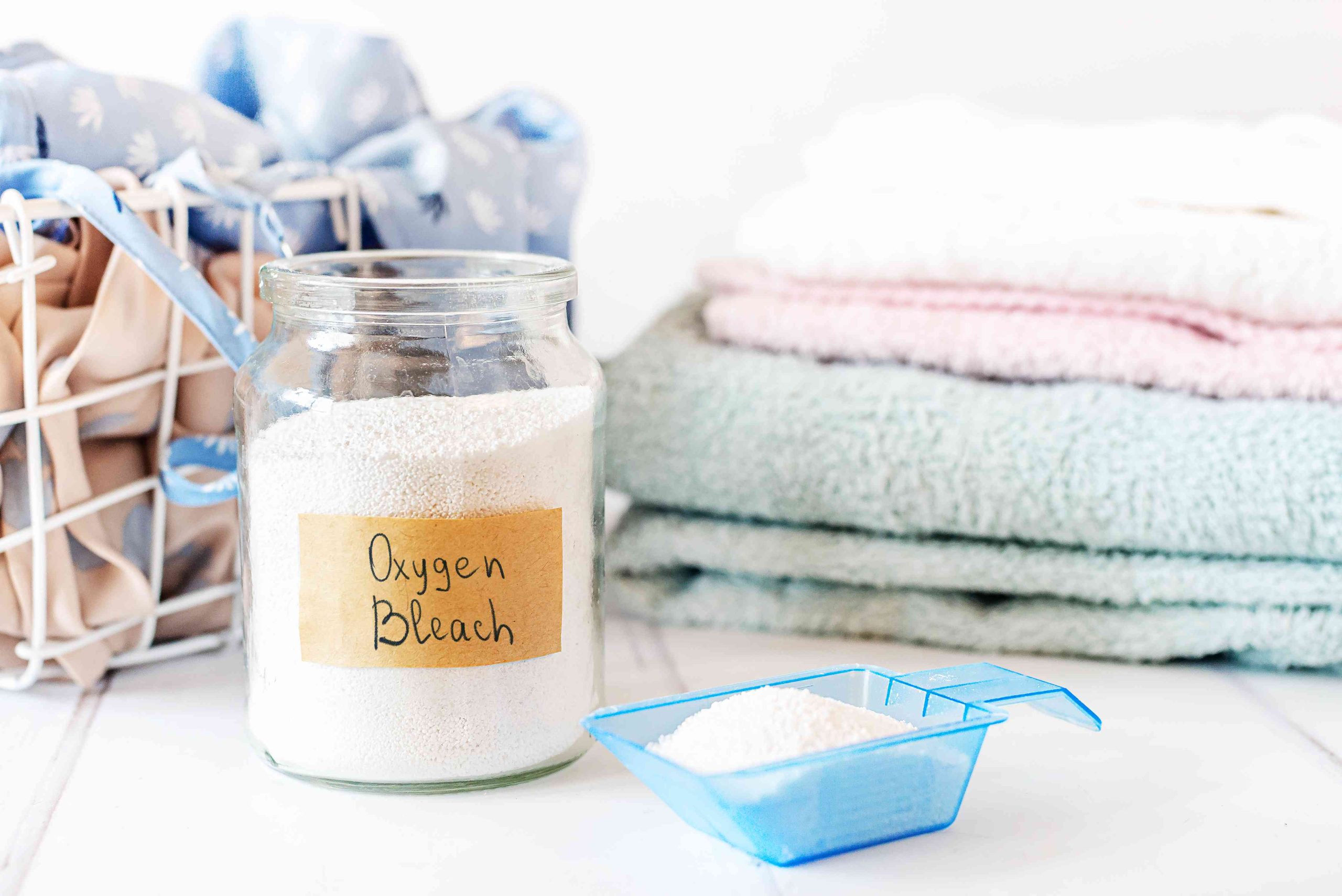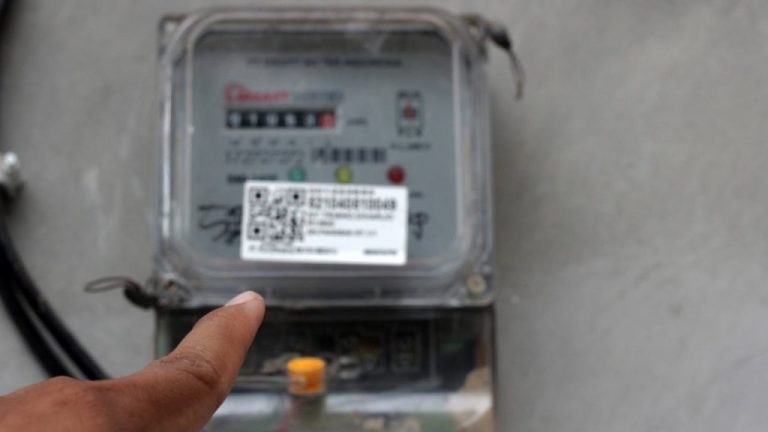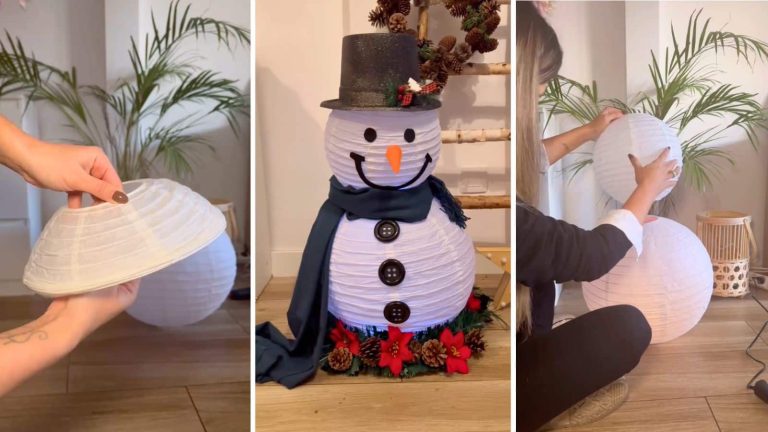
Bleach is a valuable part of many cleaning arsenals. It’s a powerful oxidizing agent that is commonly used to treat stains, brighten white fabrics, and disinfect and sanitize surfaces.
However, bleach is a strong chemical that can have adverse effects if it’s used on the wrong materials. Here are seven items that you should never bleach, according to cleaning experts.
Warning
According to the CDC, you should never mix bleach with other cleaning products like ammonia, vinegar, or soap; and you should always wear protective gear like rubber gloves when using bleach in the home.
Wood Surfaces
Keep bleach far away from wooden furniture, floors, and other surfaces. Bleach is known to damage, discolor, and strip the finish from wood floors, furniture, and other items in the home.
“A lot of our clients have stains on their hardwood floors from when they used a mixture of bleach and water to clean them,” says Delah Gomasi, Director and CEO of MaidForYou, an Australian-based cleaning company. “The best way to avoid bleach stains on [wood products] is to avoid using bleach altogether.”
Instead, Gomasi recommends using a mixture of dish soap and water to clean wood surfaces. Since wood has a slightly acidic pH, it’s best to use a dish soap with a neutral pH (or as close to neutral as possible) to prevent damaging the wood’s sensitive cellular structure, Gomasi says. In addition, if you are cleaning wood flooring, “always make sure that your mop is damp and not wet, as wet mopping hardwood floors can cause them to warp,” he says.
Want more cleaning and organizing tips? Sign up for our free daily newsletter for the latest hacks, expert advice, and more!
Natural Stone Countertops and Surfaces
Just like wood, natural stone is too porous and is easily damaged by bleach. Cleaning surfaces like marble and granite countertops or tiles with bleach can strip the finish, cause chemical burns, and result in permanent (and expensive) damage, Gomasi says. Instead, clean natural stone surfaces with a mild dish soap and water solution, or a cleaner that is designed for natural stone.
Metal
Using bleach on most metals will cause them to oxidize and rust. This includes aluminum, copper, stainless steel, silver, cast iron, and more. Instead, you should use a cleaner that is safe for the type of metal that you are cleaning.
In general, vinegar is an effective solution for most types of metal (this includes stainless steel, aluminum, silver, and copper), along with cleaners that are specifically formulated for different kinds of metal (i.e. stainless steel cleaners, copper cleaning products, etc.). For cast iron cookware, Michael Gottron, owner of California-based Germicidal Maids, recommends using hot water and a stiff brush to clean the item without stripping the seasoning.
Delicate Fabrics
Bleach is safe to use on non-colored fabrics like cotton, polyester, nylon, acrylic, and rayon, but you should never use it on fabrics like wool, spandex, or silk. The chemicals are too harsh for these delicate fibers and can cause permanent damage. If you are unsure about whether your fabric item is bleach-safe, check the manufacturer’s tag for washing instructions and warnings.
Leather
Leather may not exactly be a delicate fabric, but it still can’t hold up to the powerful oxidizing properties of bleach. You should also avoid using ammonia or acetone-based products on leather. Instead, leather can be spot-cleaned with a damp soapy washcloth (mild, unscented soap is best), vinegar and water, or a specialized leather cleaner, says Will Cotter, COO of FreshSpace.
Painted Surfaces
Bleach should never be used on painted surfaces such as walls or furniture, since it can strip the paint, causing discoloration and damaging the paint’s finish. Instead, Cotter recommends using a mild detergent and water to clean paint.
Drains
In general, you should avoid using bleach to clean and unclog your drains. While bleach is a powerful stain remover and disinfectant, it is not effective at clearing clogged drains, and occasionally, it can actually cause pipes to burst, says Petya Holevich, a cleaning expert with Fantastic Services, a UK-based cleaning and home maintenance company. Pouring undiluted bleach down your drains is also not environmentally friendly. Instead, you should use products that are designed to clear clogged drains.
Get the best products from Amazon








